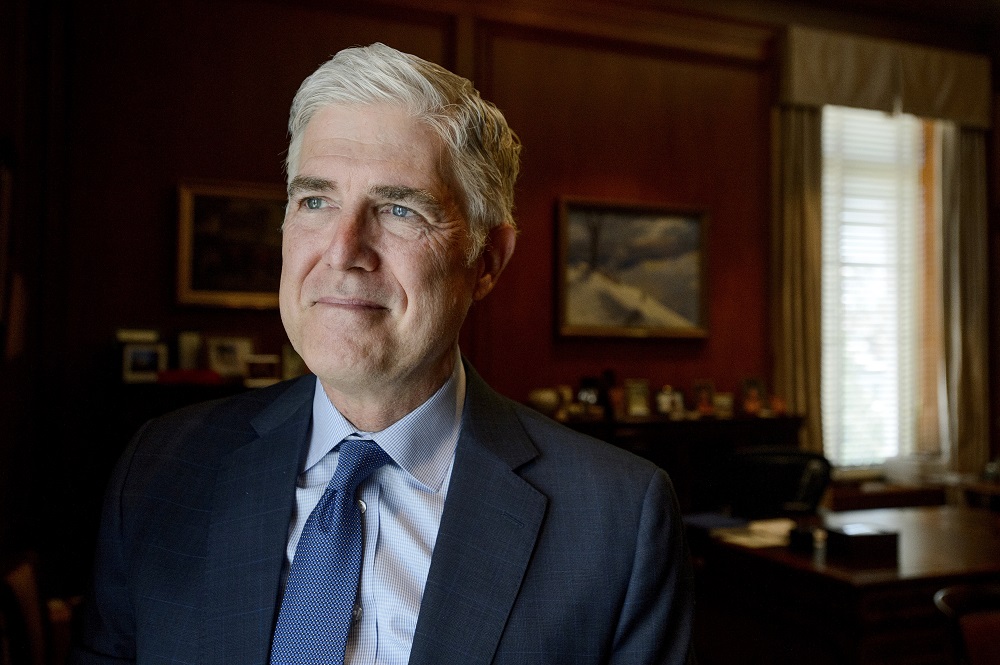Justice Neil Gorsuch has raised concerns about the growing complexity of U.S. laws and regulations, arguing that they are overwhelming Americans and infringing on their rights. He highlighted this issue during a recent talk at the Ronald Reagan Presidential Library, where he discussed how the legal landscape has drastically changed over the past century.
Gorsuch pointed out that less than a century ago, the entirety of U.S. laws could fit into a single book. However, today, the regulations and laws have expanded so much that they fill entire shelves. The federal register, which lists all government regulations, now spans around 60,000 pages, and the number of federal crimes has surged to approximately 5,000.
According to Gorsuch, this ever-expanding legal system has created a confusing and burdensome environment for Americans. He described it as a “Kafkaesque maze,” where people often break rules they didn’t even know existed, and compliance has become so complicated that even regulators struggle to understand the laws they’re supposed to enforce.
Gorsuch shared several real-life examples from his book, “Over Ruled: The Human Toll of Too Much Law,” which he co-authored with Janie Nitze. He told stories of individuals like a commercial fisherman in Florida, who was caught in a legal battle over disposing of fish that were found to be smaller than the legal limit. The fisherman, John Yates, was charged under a law meant to prevent the destruction of documents and other tangible objects during federal investigations. Although the Supreme Court eventually overturned his conviction, the legal process had already disrupted Yates’s life and career.
Gorsuch believes that the heavy reliance on laws might be linked to the weakening of community bonds and trust in the U.S. He mentioned the decline in church attendance, the reduction of social clubs, and the increasing political divide as possible reasons for this shift. He argued that if people trusted each other and worked together more, there would be less need to rely on laws to solve every problem.
He also emphasized the importance of civics education, noting that too many schools have eliminated civics classes. He encouraged people to advocate for the reinstatement of these classes, expressing concern over surveys that show many Americans can’t name all three branches of government.
Gorsuch’s appearance at the library was part of a series of interviews promoting his book. In these interviews, he has expressed concerns about President Joe Biden’s proposed changes to the Supreme Court, which include term limits for justices and stronger enforcement of the court’s ethics code. Gorsuch warned that such changes could undermine the judiciary’s independence, which he views as crucial for protecting Americans’ rights.
He defended a recent Supreme Court ruling that granted former President Donald Trump broad immunity from criminal prosecution for his actions as president. Gorsuch framed the decision as an extension of a precedent set during the Nixon era, which protected presidents from civil lawsuits after leaving office.
Also Read:
- Vice President Kamala Harris to Meet Family of Springfield Woman Killed by Police: Legal and Reform Updates
- Illinois Passes Bill to Support Special Needs Students Without Legal Guardians
The Supreme Court has recently made several significant rulings that have reduced the power of federal agencies. These include overturning the Chevron doctrine, which required courts to defer to federal agencies’ interpretations of ambiguous laws, and limiting the Environmental Protection Agency’s ability to regulate greenhouse gases and protect wetlands.






